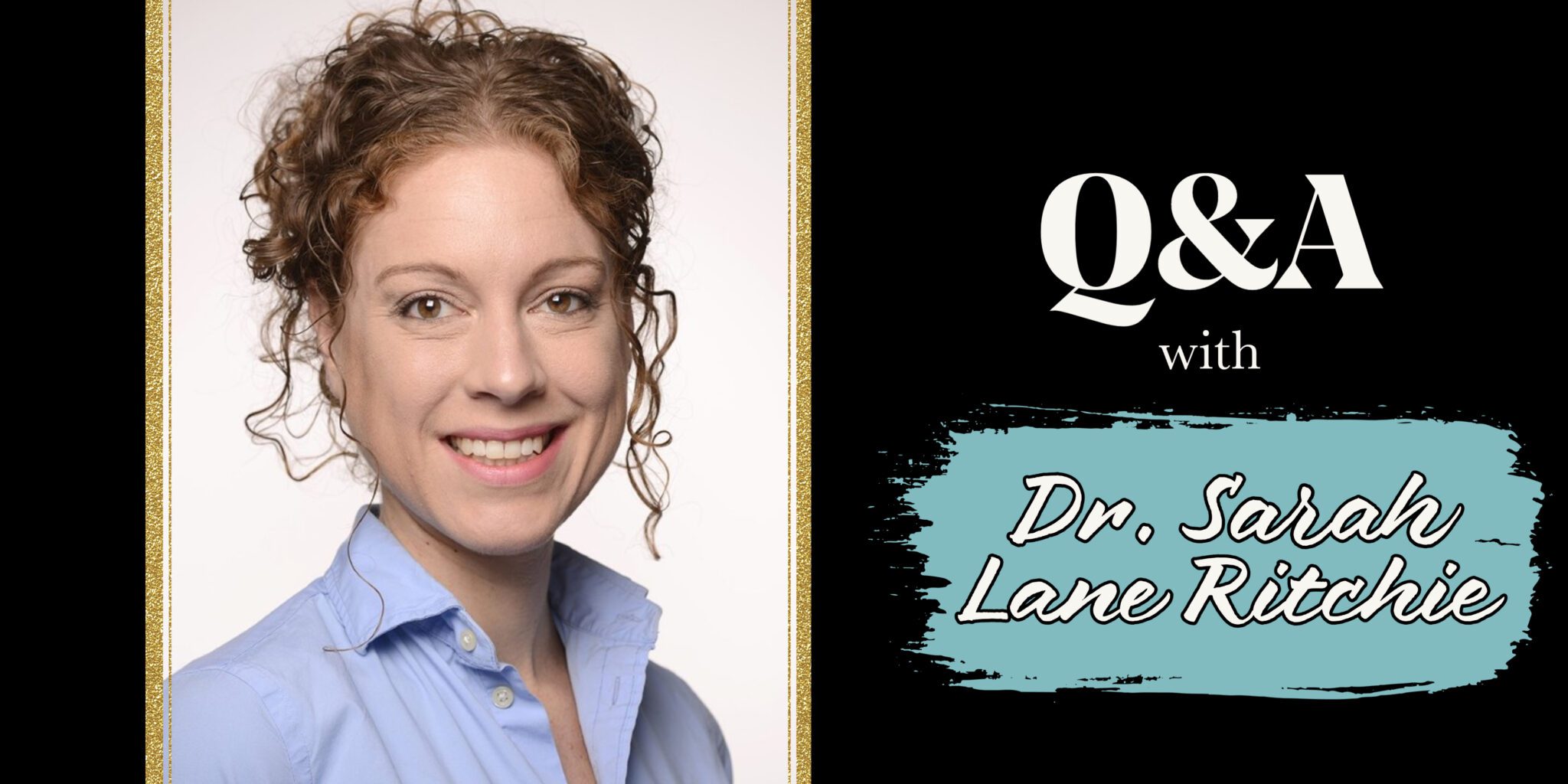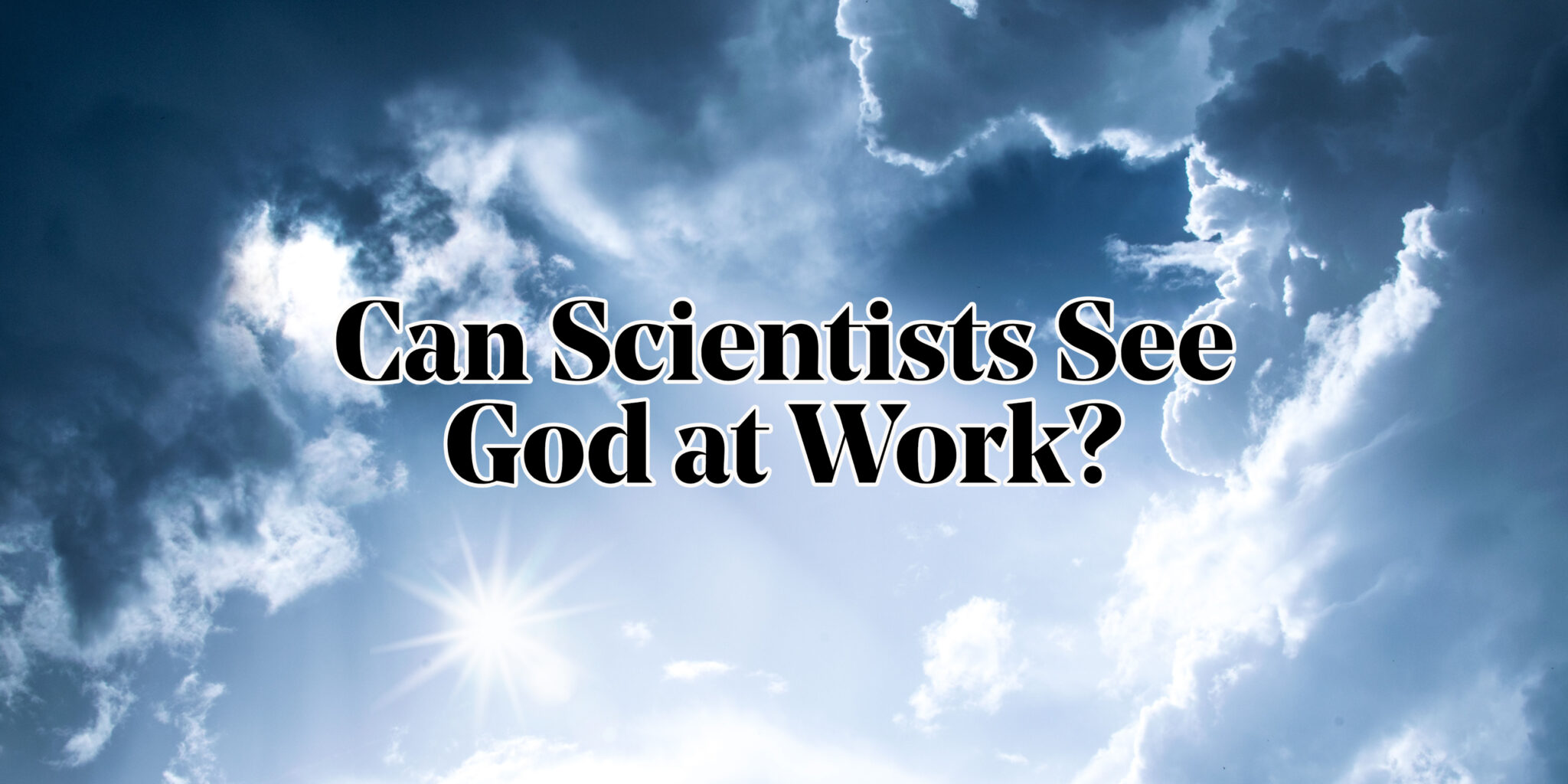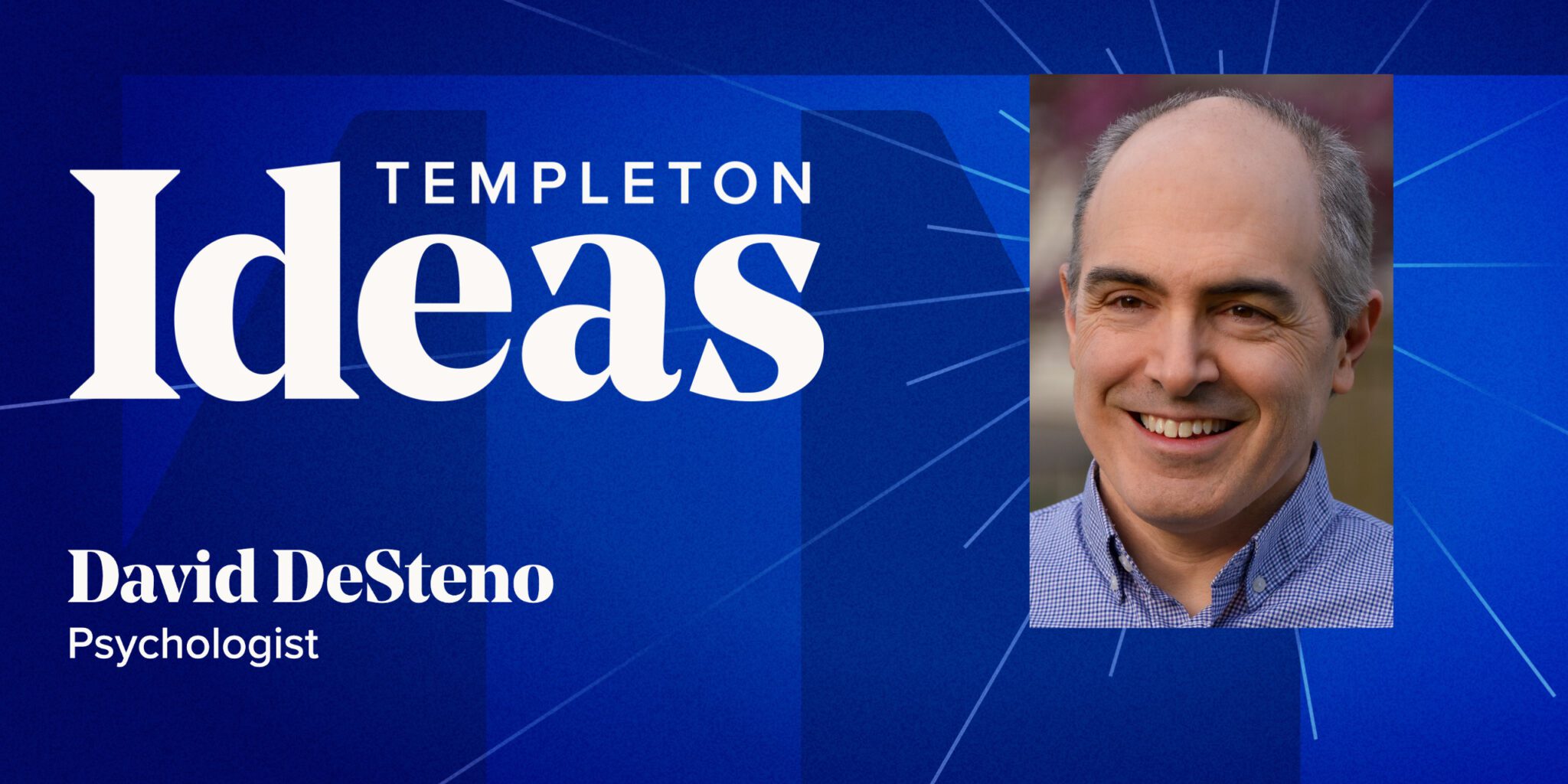Dr. Justin Barrett is the founder and president of Blueprint 1543, an organization that helps people of faith engage more robustly with the sciences. Blueprint 1543 also equips scientists to understand how religious faith can inspire and enrich their work.
With a PhD in experimental psychology and past experience leading the Office for Science, Theology, and Religion at Fuller Theological Seminary, Dr. Barrett is an expert at the interface of cognitive science and Christian theology. Far from being siloed in “dusty divinity schools,” he believes theology holds the potential to be a vibrant contributor to human inquiry.
Even though theology is old, Dr. Barrett argues, that doesn’t mean it has run its course. What it does mean is that theologians should reexamine their methods and ask, can they be refreshed? Can theology be energized and made more productive by engaging in other ways of knowing—such as scientific inquiry?
His answer to these questions is an emphatic yes.
Theology is a discipline that humans have been doing for thousands of years. Is there anything new to learn about the divine? Can we know anything more than we already know?
The word “theology” literally means right words about God. “God talk” is sometimes the shorthand people use. But theology is a lot more than, What are things we can say about God? It’s really, How does God change the way that we think about everything else? And as everything else keeps changing, our theology helps us better interpret and understand new challenges that we face. An issue like, “Should we be implanting microchips in our brains?” is, at a certain level, a theological question because there’s that “should.” That “should” pushes us into a theological space.
As for the question, Can we learn more about God? Well, if God really is this infinite kind of reality, then it seems reasonable to think we can keep learning more. We’re learning from each other’s relationships with God, other cultures’ relationships with God, other epochs’ relationships with God, [as well as] how God continues to reveal more truths through the natural world.
So yes, I think there is room for new insights about the divine. And theology isn’t just about insights about the divine but our lives in relation to the divine—and there’s certainly plenty of room for us to learn there.
What could theology enrich or inform other disciplines, specifically the sciences?
We need to recognize an asymmetry. Theology and philosophy, as far as I can tell, are the only two non-reductive intellectual disciplines. Everything else is reductive in an important sense. What I mean by that is, [other disciplines] reduce the problem space either by level of analysis—the social systems level, individual level, biological level—or by time slice. Historians do this all the time: “I’m going to look at this period in history.”
Theology and philosophy are two spaces where you don’t have to reduce; the whole point is not to. The point is, how do we synthesize and ground all of this? In theology’s case, how do we do a comprehensive exercise that gives a thorough view of the world in relation to the divine?
How does God help us see the world differently, including the human world? How does it inform our purpose, and therefore, how does it motivate us doing these sciences in the first place?
From those previous comments, you’d hear I’m optimistic and committed to the value of theology. But it’s definitely the case that some of what I’m saying is pretty aspirational at this point. I think there’s something deeply mismatched between how academic theology works and what is supposed to be the vision of academic theology.
What is the gap you see between how academic theology currently functions and what it could be? How might theology reconceptualize itself to be a vibrant contributor to human inquiry?
It is striking to me, if you look at the typical scientific publication…almost every single one is going to have at least four and maybe even 20 authors listed. Look at leading theology journals: it’s almost always one person. [Theologians] are the most solo operating, most lone wolf kinds of [scholars], and yet they have the most potential for synthesizing.
Instead of being these lone wolf scholars, surrounded by books who just write things all by themselves, I’ve been trying to advocate for a model of doing theology that is thoroughly interdisciplinary, but [also] recognizes this asymmetrical relationship I was talking about—that theology has a very special, integrative role amongst the disciplines. [One] metaphor I’ve used we could call the orchestral model of doing theology, where the theologian is like the conductor of an orchestra. You have all of these people who can make beautiful music all by themselves playing their various instruments, and theologians may have no real strength in playing any of those instruments, [but] they know what those instruments contribute to the whole. They know that for really complex, beautiful, magnificent pieces you need lots of different parts of that orchestra. [The theologian] as the conductor needs to somehow get them all playing together, interpreting the same text.
Archaeology uses this kind of model all the time. You’ve got a head archaeologist at a big dig site, then you have diggers, and anthropologists, and other archaeologists who have special knowledge, maybe historians, geologists. I’ve been to one [site] where they had a specialist on snails. Why? Because they were finding snails at this site. They wanted to know what the climate would have been like for those snails to be there, so they got a climatologist to recreate a picture of what life was like in this place 10,000 years ago. It takes all of these different specialists to fill in that big picture. They’re all working under the direction of an archaeologist who doesn’t have those specialty areas, but knows they need all of them.
I’m urging theologians to start thinking of themselves as interdisciplinary collaborators [who] play that synthesizing role.
I could see other disciplines pushing back on this idea and asking what place theology has in a particular area of scientific research, or even in a modern, secular society. How do you respond to these questions?
I think there are two approaches to answering that. One is: lots of people don’t believe in God, but lots of people do. And unless you’ve got a principled way for excluding the vast majority of humanity, shouldn’t you want to know, for people who believe in God or some kind of transcendent reality, how that matters to their thought processes and their values?
And the other approach?
Some scientists will say, I don’t need theology to do my area of biology or my area of psychology. Well, no, you don’t need a theologian in the room, and that’s perfectly alright. But what I think we scientists do need to recognize is what assumptions we’re bringing to our science that create the foundation for what we’re doing, that help interpret our projects, such that we don’t overstate what we’re finding or do damage to the rest of the world while we’re doing it—because we’re smuggling in values uninspected.
I don’t need a theologian to come in and tell me how the visual system works. That fits my metaphor of the orchestra: a great violinist can go play violin on the corner and do beautiful things all by themselves. But when you start trying to move public policy and discourse with a finding, or use that [finding] as part of a bigger project about encouraging human flourishing in a majority world context… Well, now you’re automatically interdisciplinary. You need to recognize that one of the disciplines that you’ve got to have there is theology, because that’s actually going to be undergirding everything else you’re doing.
How do you envision theology and science working together in the future?
My personal theology motivates the subjects I select to study. It guides the assumptions I bring to the task. It motivates—and this is, I think, especially easy to see in the human sciences—how I interpret my data. And if I can be more explicit about that because I’m swimming in this intellectual ethos where it’s okay for theology to make a contribution, as opposed to [keeping] it over there in those weird dusty divinity schools, I think we’re going to have intellectually richer voices. And frankly, more intellectual diversity, too.
In my dream, say 20 years from now, there are theology schools that are training theologians to be like conductors of orchestras. I think theologians, properly trained, with the right sort of glasses on, are the right people to conduct some of these orchestral arrangements.



